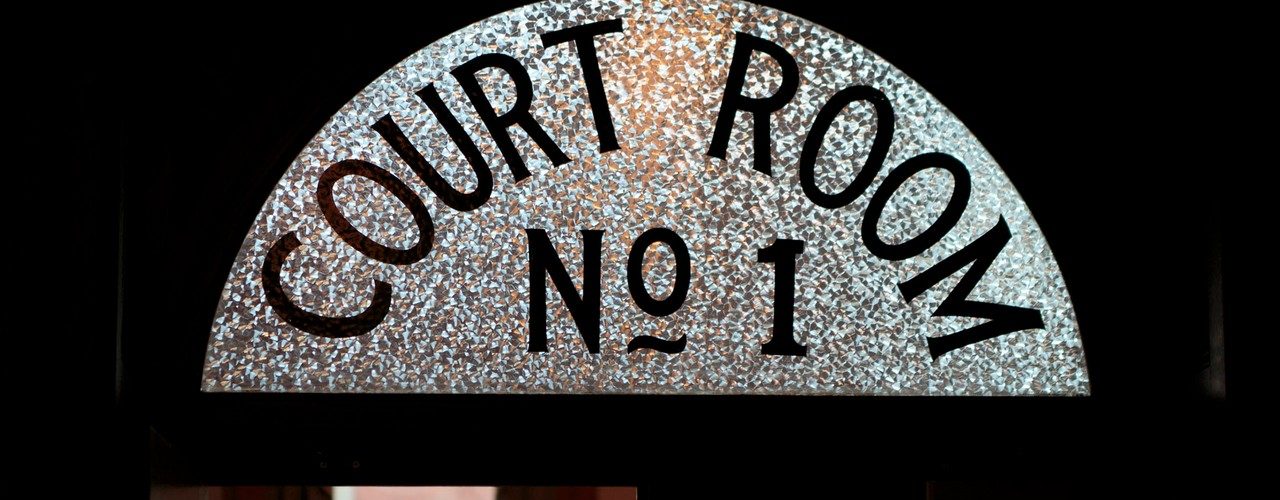The ECJ issued the preliminary ruling in the case C-261/24 (Alizeu Eolian).
Context:
Summary
- The case involves Alizeu Eolian SA, an electricity producer from wind energy, who filed tax returns on additional income.
- The tax authorities imposed a tax on certain categories of electricity producers, including those producing energy from renewable sources, which the applicant claims is contrary to various EU laws.
- The referring court seeks clarification on whether the tax on additional income constitutes State aid, violates EU law on the free movement of establishment, services, and capital, and infringes on principles of equality and non-discrimination.
- The excessive amount of the tax raises concerns about potential conflicts with Article 17 of the Charter, which prohibits seizure of profits.
- The court poses questions regarding the interpretation of EU directives and regulations, the compatibility of national legislation with EU principles, and the impact on European objectives for climate neutrality and energy tax policy.
Articles in the EU VAT Directive
– Council Directive 2006/112/EC of 28 November 2006 on the common system of value added tax: recitals 4 and 7, and Article 401.
– Charter of Fundamental Rights of the European Union: Article 17;
Facts & Background
The applicant is ‘Alizeu Eolian SA’, which produces electricity from wind energy. She has filed tax returns on her additional income in the months April to August 2022. Under a national scheme, the tax on additional income only applies to certain categories of electricity producers. The applicant states that this is contrary to various rules of EU law. The tax authorities rejected the complaints, after which the applicant appealed.
Consideration:
The referring court wishes to know to what extent the tax on additional income amounts to State aid to electricity producers, due to the criterion of selective advantage. In addition, the referring court wants to know whether the tax conflicts with various provisions of EU law, such as the free movement of establishment, services and capital, as well as the general principles of equality, non-discrimination and the obligation of the Member States to ensure a level playing field. The ‘excessive’ amount of the tax also raises the question of whether this would constitute a seizure of part of the profits, which would conflict with Article 17 of the Charter.
Questions
1) Must Articles 107 and 108 TFEU be interpreted as meaning that national legislation which imposes a tax only on certain electricity producers, such as those [producing energy] from renewable sources, [and] not on all electricity producers, constitutes State aid granted to those who are exempt and subject to the notification obligation?
2. Should Article 3(1) and (4), Article 9(2) and Article 58(b) to (d) of Directive 2019/944 and Article 3(f), (g), (i) and (n) ), of Regulation 2019/943, which requires Member States to ensure a level playing field and non-discriminatory conditions for electricity producers, be interpreted as precluding national legislation under which only certain electricity producers, including those [ which produce energy] from renewable sources, an additional tax is imposed, excluding certain categories of producers from paying the tax, even though all electricity producers are in a comparable situation, also taking into account the comparable income from the sale of electricity?
3. Must Articles 49, 56 and 63 TFEU and Article 17 of the Charter of Fundamental Rights of the European Union be interpreted as precluding national legislation under which only certain producers of electricity (including those [ which produce energy] from renewable sources), to the exclusion of other categories of producers, a discriminatory and excessive tax is imposed?
4. Must Directive 2019/944 and Regulation 2019/943, which preceded Regulation 2022/1854, be interpreted as precluding national legislation leading to the determination of the sales price/restriction of the freedom to determine the sales price? couples?
5) Should the precautionary principle, the principle of preventive action, the principle that environmental pollution must be combated at source and the polluter pays principle, and [Article 2(1) and (2)] and Article 4 of Regulation 2021/1119, be read in conjunction with Article 191(2) TFEU and Article 3(1), 3 and 4 of Directive 2018/2001, which regulates the objectives of climate neutrality in the Union, be interpreted as precluding national legislation European objectives for achieving climate neutrality and the Union’s energy tax policy are being undermined? If so, what criteria should be taken into account when determining that tax to ensure that the above principles are respected?
6) Must Article 401 of Directive 2006/112/EC be interpreted as precluding national legislation such as that of OUG No 27/2022, which imposes a turnover tax on income from the sale of electricity?
Source
Cited case law
- C-283/81 CILFIT; C-354/90 Fédération nationale du commerce extérieur des produits alimentaires et al;
- C-1/93 Halliburton Services;
- C-163/94, C-165/94 and C-250/94 Sanz de Lera and Others ;
- C-481/98 Commission v France ;
- C-345/02 Pearle and Others ;
- C-148/04 Unicredito Italiano ;
- C-53/04 Marrosu and Sardino ;
- C-368/04 Transalpine Ölleitung in Österreich;
- C-309/06 Marks & Spencer;
- C-265/08 Federutility and others;
- C-118/11 Eon Aset Menidjmunt;
- C-179/20 Fondul Proprietatea;
- C-102/21 and C-103/21 Autonomous Provinz Bozen
- Join the Linkedin Group on ECJ VAT Cases, click HERE
- VATupdate.com – Your FREE source of information on ECJ VAT Cases















